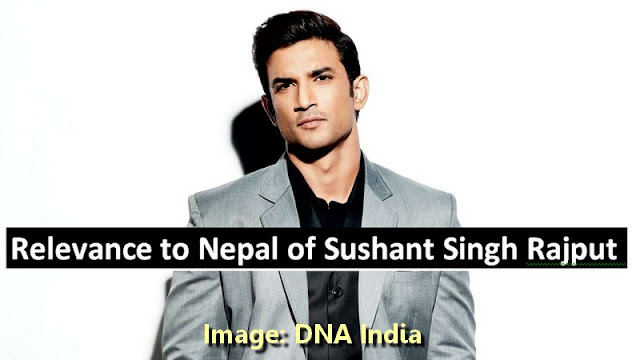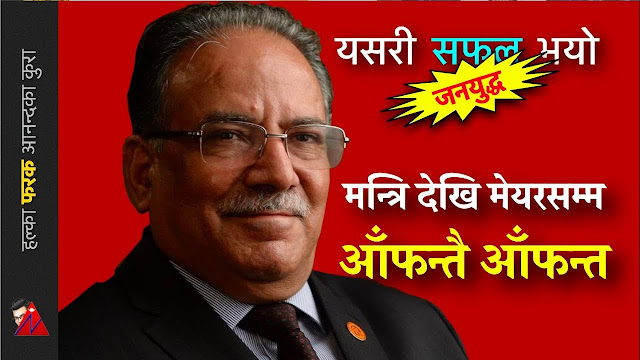June 14 was a dark day in South Asia, especially for Bollywood fans. There are millions of youth who are a fan of Bollywood in Nepal. You can tell by the number of TikTok videos put up by young girls. Until I saw the pictures of Bollywood stars taking group selfies with one of the biggest terrorists in the world acting as a head of state, whatever little space I had left for Bollywood was closed down. It was only coincidence that I watched Kedarnath, but I watched Dhoni’s biography on purpose. Then and there I had felt something special about Sushant Singh Rajput. His sincerity came through his performance and naturally that is what the audience enjoys.
On June 14, Sushant Singh committed suicide without leaving any note, but depression was attributed to being the cause. From the very next day, the real stories behind the suicide started making social media. The reality is a horror story behind the glitz and glamour.
It was an open secret that Bollywood was massively infected with nepotism. Since the days of the founding of Bollywood from Prithivi Raj Theater, Raj Kapoor clan has been the first family of Bollywood until recently. Recently, nepotism has been spreading to other families whose scions now play the dominant role in the industry. Karan Johar, Aditya Chopra, Salman Khan, Tiger Shroff, Alia Bhatt, and the majority of other prominent personalities of Bollywood are there only because of their family ties.
The web of nepotism was so thick that they were working more like a mafia cartel that banished, punished, and outlawed genuine talents like Kangana Ranaut, Manoj Bajpai, and others if they got on the wrong side of the established production houses. Among the victims of this Vendettawood have been Aishwarya Rai, once a celebrated A class actress and Bibek Oberoi. There have been vehemently outspoken exposure of this nexus by Kangana Ranaut, a fearless outsider who made it big and stayed put. Sushant Singh could not emulate her despite great success and accumulation of wealth. After being expelled from all the movies he had signed, he signed himself out of this world.
What occurs in India is a role model for Nepal. Nepal has plenty of nepotism in its culture. The current political class is mired in the filth of this talent-killing disease. Nepal’s cinema industry seems to have a lead actor who also made it through nepotism. In governance, any political appointment made in Nepal is first based on nepotism and then comes money, or party affiliation. Yes, if you are not related to a powerful leader, you can pay your way into plum positions.
Experts are plucked from foreign universities and given plum positions while they have zero experience or understanding of Nepali culture and social milieu, the ground reality. Their programs are designed based on Western reality and totally unsuitable for Nepal. In the worst-case scenario, these party related experts actually openly act for foreign interests rather than the national interest. In the MCC case too, we are getting to witness such openly foreign-sponsored “experts” trying to subdue Nepal’s self-interest and sovereignty itself.
This is the very nature of nepotism and party loyalty - a political nepotism. In Bollywood, it killed a rising star that millions loved for his sincere charm. In politics, it kills a society and robs the nation of the best talents that should have been recognized and appreciated. Nepotism in Nepal acts like the final stage of cancer that has taken Nepal into its perpetual coma.
Nepotism and democracy are mutually exclusive. By definition, democracy should have inherent free speech, free economy, and meritocracy. Since Nepal's system is merely a sham democracy, anything goes, most forcefully, NEPOTISM.

















